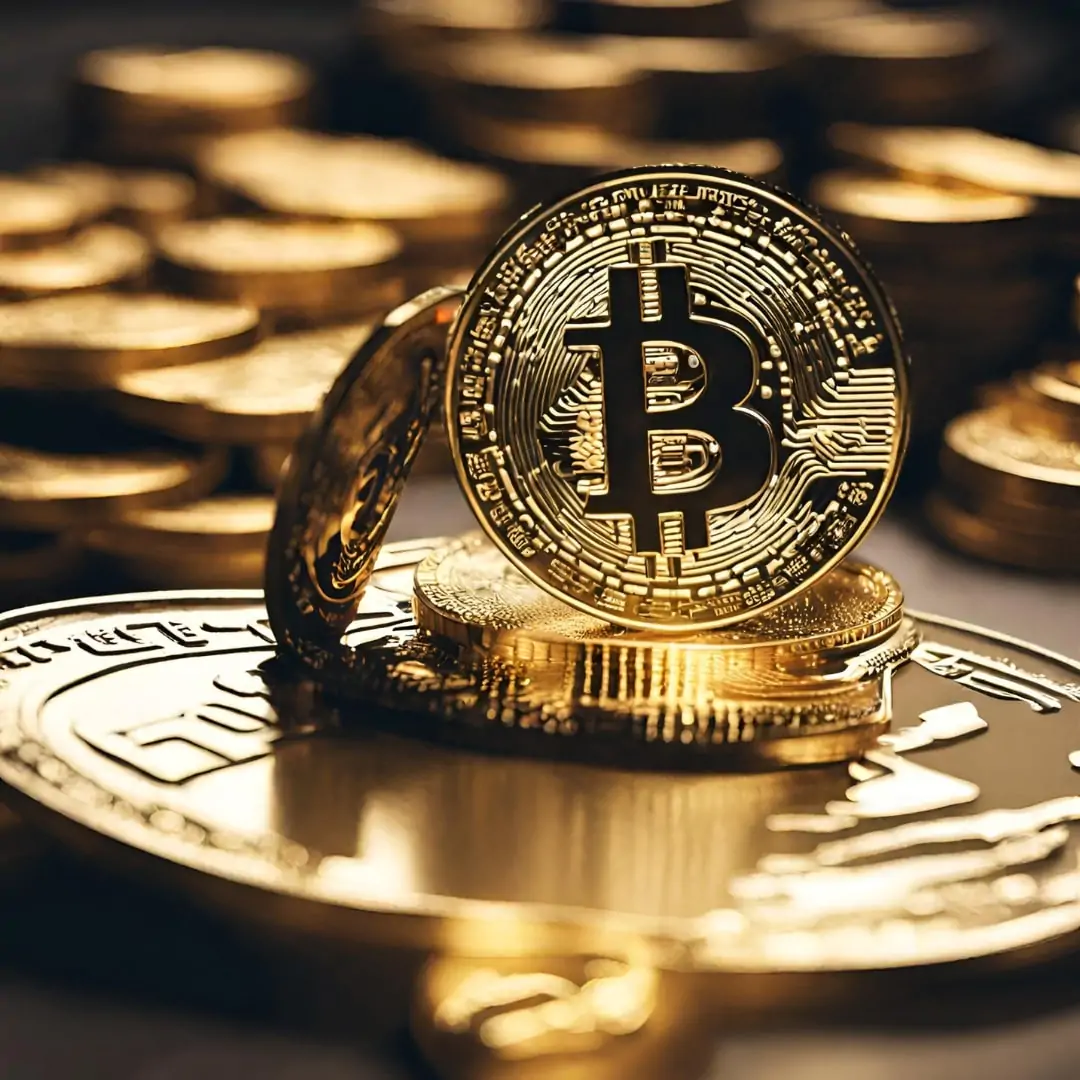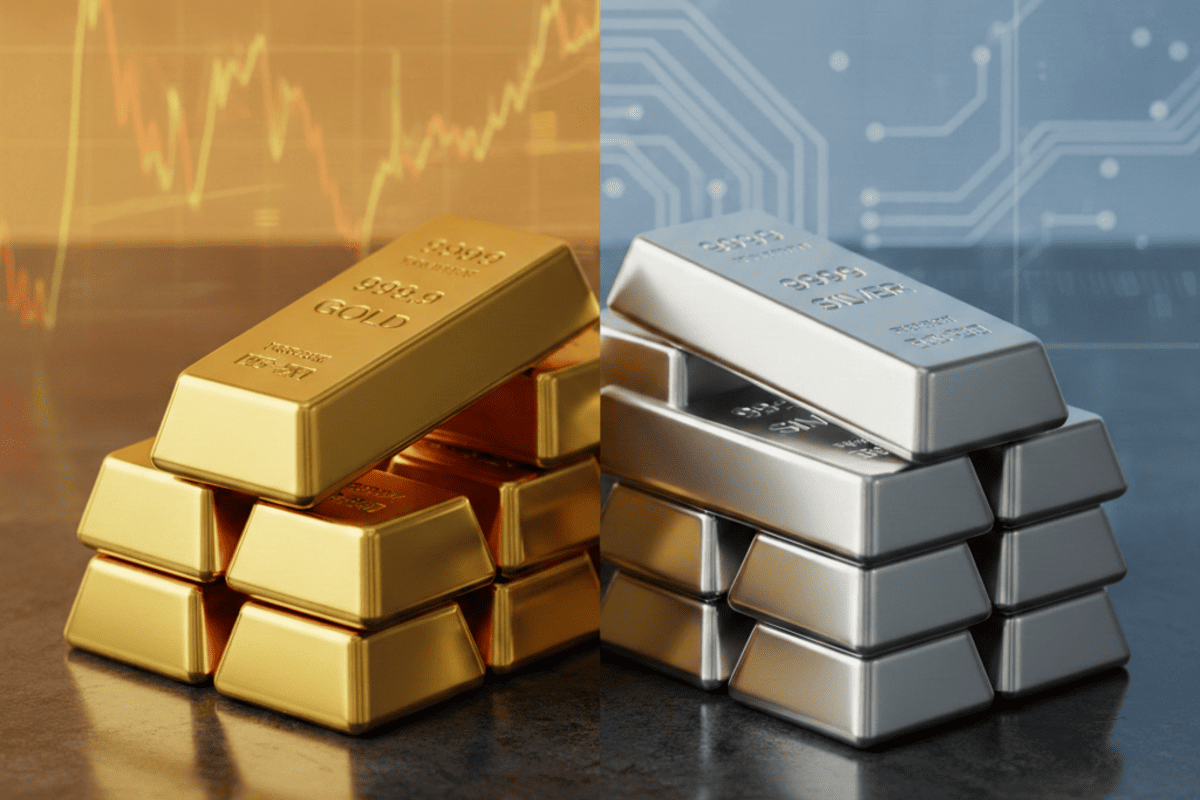
What’s the Impact of Geopolitics on Gold?
Gold has long held a special place in the hearts of investors, treasuries, and jewelry enthusiasts alike. Beyond its inherent beauty and rarity, gold also serves as a barometer of global economic and political stability. One of the most significant factors that influence the price and demand for gold is geopolitics. In this article, we’ll explore the intriguing relationship between gold and geopolitics and how global political events can impact the precious metal.
- Safe-Haven Investment
Gold is often referred to as a “safe-haven” asset. During times of political turmoil, such as conflicts, trade disputes, or economic crises, investors tend to flock to gold as a store of value. The rationale behind this behavior is straightforward: gold has proven itself for centuries as a reliable asset that retains its value even when traditional financial markets are shaky. This increased demand for gold during geopolitical tensions can cause its price to surge.
- Currency Devaluation and Inflation
Geopolitical events can also impact a country’s currency, leading to devaluation or inflation. When people lose confidence in their national currency due to political instability, they often turn to gold as an alternative means of preserving their wealth. This can create a spike in demand and subsequently drive up the price of gold.
- Trade Disputes and Tariffs
Trade disputes and tariffs between countries can affect the global economy and, by extension, gold prices. Tariffs and protectionist policies can disrupt international trade and economic growth, leading to uncertainty in financial markets. Gold often benefits from this uncertainty as investors seek refuge in assets that are less susceptible to the consequences of trade disputes.
- Political Instability
The political stability of a country can significantly impact gold prices. In nations experiencing civil unrest, coups, or political upheaval, citizens and investors often turn to gold to protect their wealth from potential confiscation or economic collapse. This increased domestic demand can lead to higher gold prices within that specific region.
- Geopolitical Risks and Global Supply
Geopolitical risks can also affect the global supply of gold. Some major gold-producing countries are located in regions with political instability. This can lead to disruptions in the mining and distribution of gold, causing supply shortages and price increases.
- Geopolitical News and Market Sentiment
The impact of geopolitics on gold is not solely driven by actual events but also by the perception and sentiment surrounding them. Geopolitical news, such as reports of conflict, diplomatic tensions, or sanctions, can immediately influence market sentiment. Even if these events do not directly affect the gold supply or demand, they can still drive short-term fluctuations in gold prices as investors react to the perceived risks.
The relationship between geopolitics and gold is intricate and multi-faceted. While gold remains a timeless symbol of wealth and beauty, its value as a safe-haven investment and store of value during geopolitical uncertainties should not be underestimated. Geopolitical events can influence the demand for gold, leading to price fluctuations and making it a fascinating asset to watch for investors and economic analysts.
In an ever-changing global landscape, gold’s enduring allure and its sensitivity to geopolitics remind us of its unique role in our financial and economic systems. For those considering gold as part of their investment portfolio, keeping an eye on the geopolitical developments that shape the world may provide valuable insights into the future trends of this precious metal.







Add comment